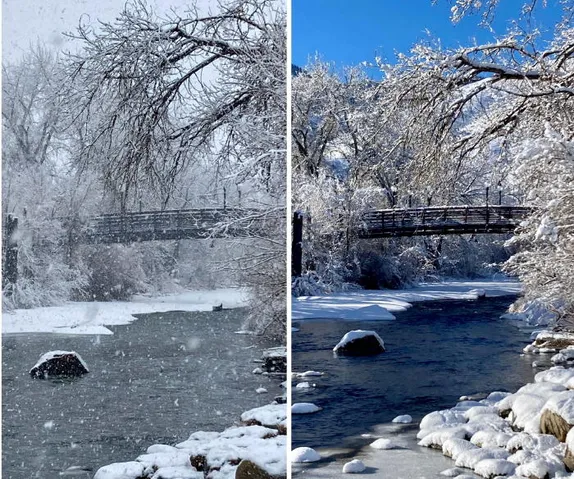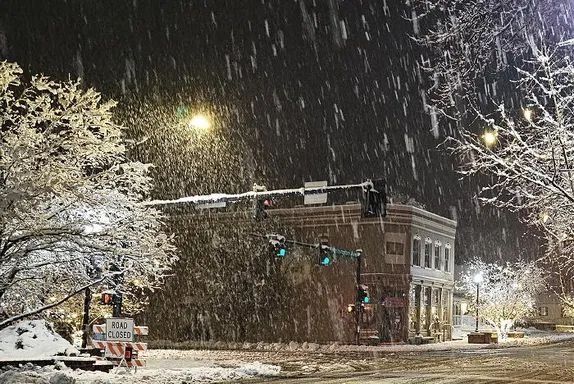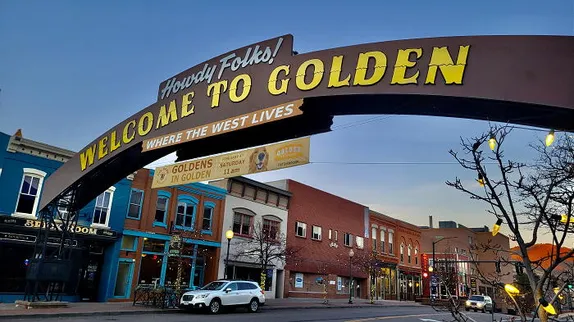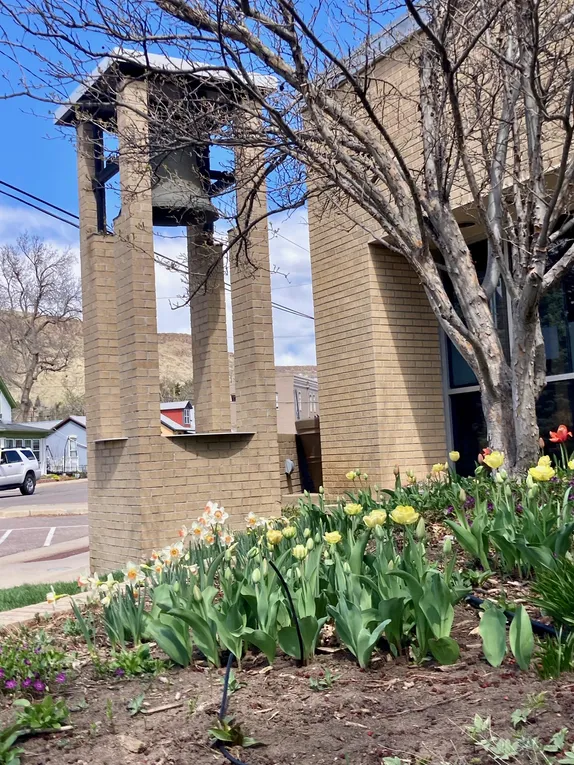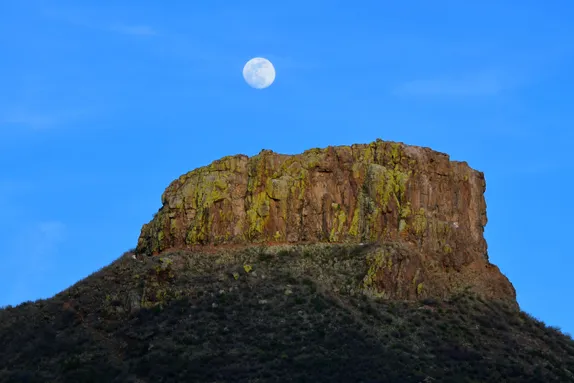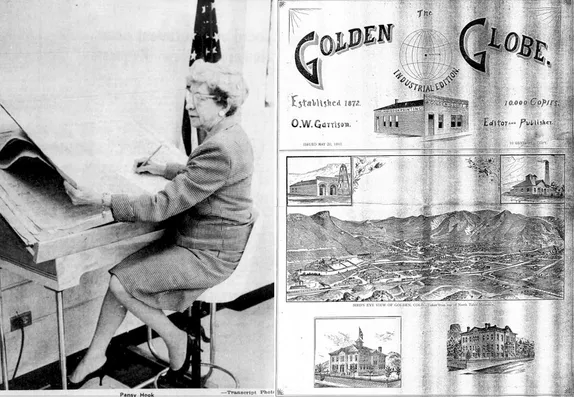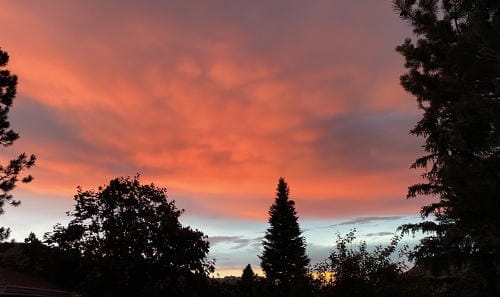
Coronavirus News
Public Health References
CDC * Colorado * Jefferson County * City of Golden
Jeffco Public Health is only updating the stats for COVID-19 cases Monday through Friday afternoons, so the next update I post will be in Tuesday’s email.
The Safer at Home protocol is in effect. Check the City’s site to learn more about what that entails. Everyone is still requested to wear a mask that covers the nose and mouth when leaving the house. City and County fire restrictions are in place.
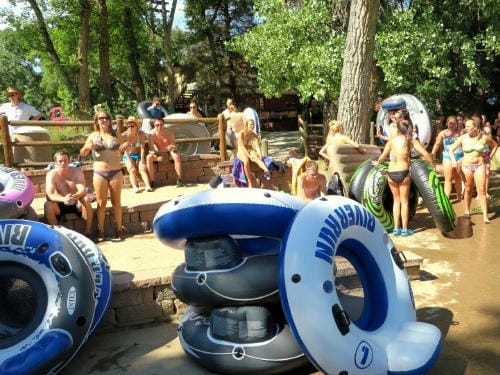
Clear Creek is now open to tubers. Right now, the City feels that they are only authorized to limit Creek access based on water flow rates; their ability to limit it because we don’t want large crowds to condense in a small area is less defined. With the 4th of July coming next Saturday, this is an urgent issue–we generally attract thousands of Creek visitors on that day. Council may have a special meeting this coming week to consider measures we could take to discourage crowds along the Creek for the duration of the epidemic.
Real Life Golden
7AM Golden Gate Canyon Clean-up
On Sunday, June 28th at 7 am we will hold the Golden Gate Canyon Clean-Up Project. We will clean the roadside from just below Galbraith Open Space Park to Crawford Gulch. We need volunteers! We hold this event on a Sunday at 7 am because the traffic is lighter and the temperatures are lower. If you would like to volunteer, call Rich Phillips 303 277-1933. All volunteers should bring a pair of heavy garden or work gloves. We will provide the trash bags, vests and signage at both ends of the designated area to alert cars to slow down and watch for our volunteers. The bags of trash will be left along the side of the road to be picked up by the county.
Live Music:
12PM Nightwolf at Dirty Dogs Roadhouse
2PM Jeff White at Buffalo Rose
5PM Jewel & the Rough at Wrigley’s
Virtual Golden
Sunday Worship Services
The following Golden churches have information about virtual services and/or sermons on their websites:
Calvary Episcopal Church
Golden Presbyterian
Faith Lutheran Church
First United Methodist Church
First Presbyterian Church
Flatirons Community Church
Hillside Community Church
Jefferson Unitarian Church
Rockland Community Church
St. Joseph Catholic Church
If your Golden church/mosque/temple is providing online worship, please let us know, and we will add you.
Golden History Moment
Prior to World War II, it was rare to see a reference to trash or litter in the newspaper. After the War, the references began to appear every few months, and by the 1970s, they came in a deluge. As I noticed this, I couldn’t help but wonder–did people suddenly become more prone to dropping trash, or did we just suddenly begin to care? The answer, of course, is both.

There was more trash.
Many industries adopted “planned obsolescence” into their growth plans. They weren’t designing things to last forever; they expected them to be used for a few years and then replaced. As a result, within a few years we began to accumulate discarded appliances, cars, etc. At that time, most homes didn’t have regular trash pickup–they burned most of their trash and had to take unburnable things to a dump, and pay a fee. As a result, many discarded things began to accumulate in convenient ravines and along country roads.
Councilman Fritz Brennecke called attention to litter, trash, and old car bodies in the area of south Illinois Avenue towards the Industrial school on “the old Hogback road.” Police Chief Ed Dohlman said the industrial school is using an old clay pit in that general area for a dump ground and trash is probably blowing out of the dump area.
Colorado Transcript – December 19, 1963
Plastic was adopted in a big way after the war. It really is a miracle material: it’s cheap, it can be molded into any shape, and it can be made either very weak or very strong. After the War, more and more things were made of plastic and designed to be thrown away. A razor is a prime example: razors used to be permanent possessions, with blades made to be sharpened. First razor blades became disposable, and now the entire razor is intended to be discarded when the blade becomes dull.
Packaging has been a growth industry for the past hundred years. Food used to be stored in bulk and dispensed by grocers, with minimal packaging (imagine a bin of spices, a jar of penny candy, or a joint of beef behind a butcher counter). After the War, grocery stores became self-service supermarkets, and food needed to be packaged so it could sit on a shelf or in a freezer case.
A February 9, 1956 Colorado Transcript discussed the problem. They did a study of Washington Avenue on a day when the street had been swept in the morning. By 12:45PM, they found the following in the gutters:
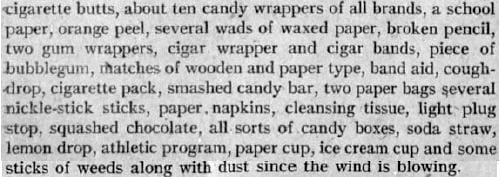
A 1954 article written by a Golden High School student (when the high school was located across from Parfet Park) mentions the “bright and clean” park he sees when he arrives and school, then describes it after the students have eaten lunch there: “Our beautiful park has taken on the appearance of a dump. Lunch sacks, scraps of paper, and discarded apples litter the length and breadth of our private playground.”
As the piles of trash grew deeper, public consciousness of the problem grew. This was partly the result of a successful ad campaign run by the Keep America Beautiful organization, which was formed in 1953. In the 1960s, they began running television commercials showing Americans throwing trash out of car windows. Their greatest hit was the “Crying Indian” ad, released in 1971 and still considered one of the most effective Public Service Announcements of all time. We can thank the American Ad Council for creating the term “litterbug,” which is such a common word now that I can’t remember a time when it didn’t exist.
Throughout the 1960s and ’70s, states began introducing fines for littering.
More than $15,000 of game cash license money was used during 1968 to clean up bottles, cans and trash from fishing lakes around the state…. Would-be litterbugs might keep in mind that the fine for littering in Colorado is $100. It’s much cheaper to use a litter bag.
Colorado Transcript, January 9, 1969
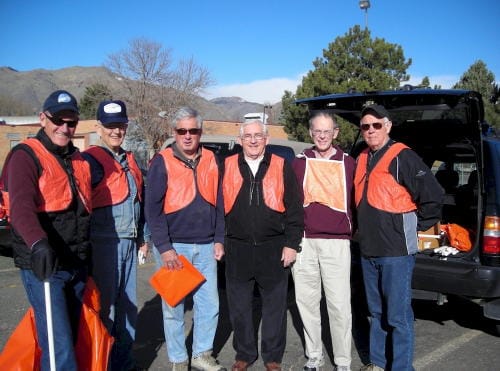
Whether it was the ad campaign or Americans just realized on their own that they couldn’t keep littering forever, the world is a cleaner place now than it was 50 years ago. People use the downtown trash and recycling containers so assiduously that the Downtown Development Authority pays for extra trash collection on weekends.
Many thanks to the Golden History Museum for providing the online cache of historic Transcripts, and many thanks to the Golden Transcript for documenting our history since 1866!

